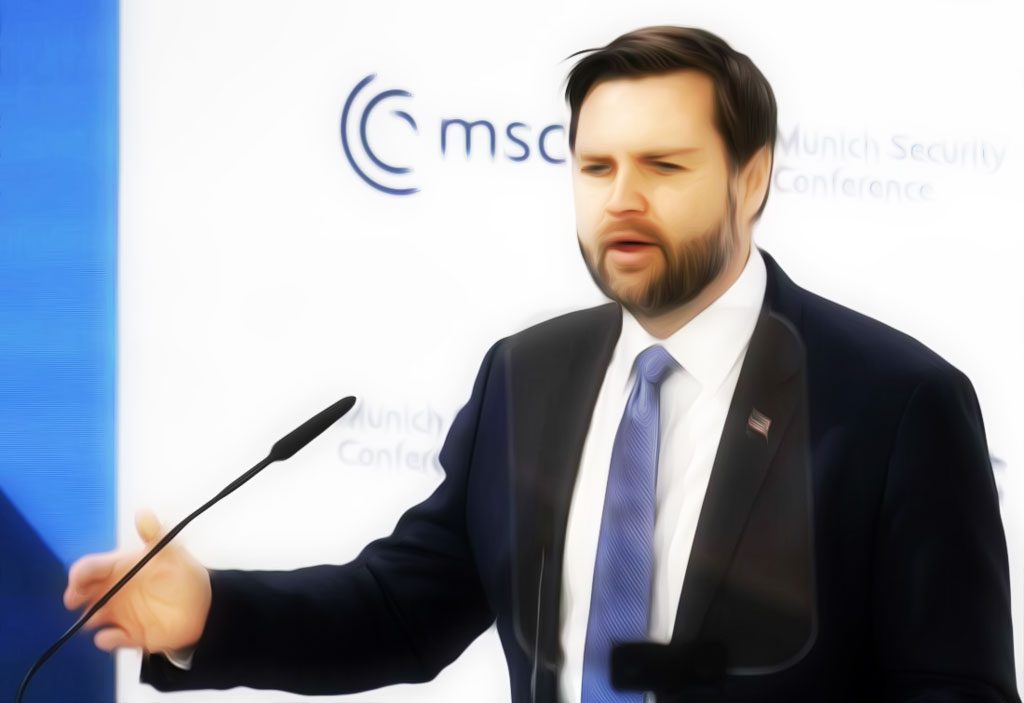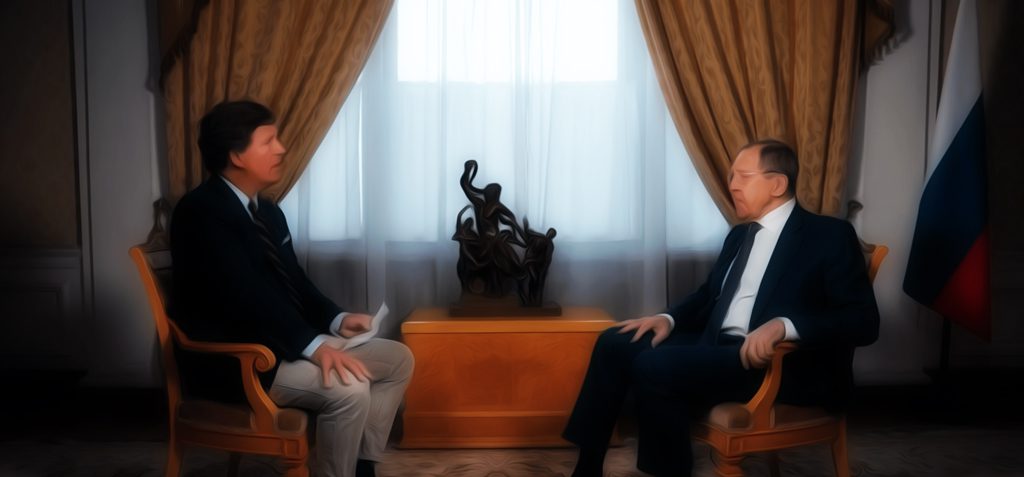Recent talks with Scott Ritter and Colonel Douglas Macgregor exposed Israel’s main problems. They cover the political acts of Netanyahu, Israel’s military weaknesses, and the regional setting. Both warn that Israel’s present path will bring significant issues for the nation and the whole surrounding region.
Israel’s Military Definition: Weaknesses
Claims Scott Ritter, Israel’s military cannot simultaneously fight many enemies. Israel has done, however they found despite all the preparation they cannot control attacks from all sides. Ritter says, “Israel won’t win a war against Hezbollah; Israel will be destroyed by a war with Hezbollah.” That captures the level of challenge. Constant conflict with Hamas has seriously damaged Israel’s military.
Ritter says Israel’s military knows they cannot lead a significant battle with all of their enemies fighting concurrently. Israel is notably more vulnerable to northern strikes, especially from Hezbollah, since their current conflict with Hamas has devoured most of their resources.
Actions taken by Netanyahu in politics
Ritter said Prime Minister Benjamin Netanyahu is running great danger to remain in power. Desperate guy Netanyahu believes that he wants his reputation to remain untainted by the real facts of his loss versus Hamas.” Netanyahu is so ready to risk Israel in order to further his political career. Ritter warns Israel: fighting Hezbollah will lead to destruction of the country. Furthermore, he thinks that Netanyahu’s actions could lead to significant disturbance or maybe a military takeover in Israel.
The nuclear danger
One of the most horrific parts of Ritter’s work is titled “Samson option.” Israel will so turn to nuclear weapons should she feel extremely threatened. Ritter claims that should Israel have no other choice, its military will make use of these arsenal. That will make any dispute especially more dangerous.
Ritter alleges that these extreme measures have been discussed among Israeli military planners. “The Israeli Defense Force knows it,” he says, implying they understand a conventional confrontation with Hezbollah will wipe out Israel. The last alternative accessible is Samson.
American Participatory Role
Colonel Douglas Macgregor introduces it in context, talking about the United States. He challenges Netanyahu’s strategy and wonders why he is fighting on so several fronts. Macgregor says Netanyahu’s actions involve enlisting the US in a more comprehensive conflict, therefore transcending simple military strategy. “Israel was ready to execute this long-term plan now,” Macgregor says, suggesting that US support Netanyahu expects influences on his timeframe.
Macgregor also points out the tired and stretched-thin Israeli Defense Forces. Notwithstanding all these challenges, Netanyahu is still planning to open more fronts, mostly against Hezbollah in southern Lebanon. Macgregor says this is a big risk, therefore compromising Israel’s existence.
Civil Distension
Both experts deal with inner conflict within Israel. Ritter said Netanyahu’s efforts could lead to military takeover or huge disturbance. That will greatly weaken Israel and expose her significantly more to outside attacks. Macgregor contends that Israel was already facing serious internal problems with Netanyahu’s policies before to the present disputes, and that will only get worse.
US Interaction: Worldwide Effects
Macgregor said the US has always stopped wars from getting out of hand. Still, American politicians are not showing leadership right now. Any major expansion in the area will draw international powers like China and Russia and lead to world war, claims Macgregor.
Macgregor claims that since the Israeli lobby is relatively well-known in US politics, American authorities cannot take a reasonable position. He said, “no one in the US Congress has the guts to stand up to Israel,” hence domestic politics always comes first even with strategic implications. US assistance will thereby encourage Israeli military acts without considering the wider consequences.
Scheduled Errors
Ritter and Macgregor say Netanyahu’s approach is reckless and full of mistakes. Ritter says Israel’s military operations expose they cannot run a multi-front war, but Netanyahu keeps down this dangerous road. Macgregor agrees, pointing out that Israeli leadership lacks strategic thinking. Ignoring the possibility of regional escalation and Israel’s military limitations, Netanyahu’s approach is based on the false conviction that force will keep Israel safe.
Macgregor further argues that facing Hezbollah will draw other regional players as well as maybe world powers. He believes that Israel’s aggressive tactics will start a more broad conflict involving Iran and perhaps a world collision. Israel hence need a calculated and strategic approach to address its security issues.
The broader picture
The dialogues also address the more expansive geopolitical scene of the US, Israel, and other world powers. Macgregor argues Israel’s activities point to a more general conflict. He discusses China and Russia, pointing out that any major Middle Eastern escalation will affect people all around. Israel thus needs a calculated and strategic approach to handle its security problems.
MacGregor also talks about shifting alliances. Longstanding US and Israeli allies are starting to feel uncomfortable about being dragged into a more broad battle, he claims. The geopolitical environment is changing; China and Russia are more forceful in the vicinity. Macgregor claims that ignoring these changes will lead to mistakes that would compound the problem.
Mistakes
Overconfidence runs across both studies as their repeating motif. Netanyahu’s trust in Israel’s military and his preparedness to travel enormous distances will prove to be liabilities. Ritter and Macgregor both assert Israel’s aggressive tactics will drive their opponents to respond more forcefully and start a series of events spiraling out.
Ritter says Israel’s military dependence has led to contempt of diplomatic responses. Overconfidence is dangerous since it ignores the complexity of modern conflict and the unanticipated consequences. Macgregor agrees, saying that Israel will not be able to control a war resulting from a lack of review of its strategy.
Humanitarian Project Budget
Both experts also discuss the personal impact of the war. Ritter claims that a lot of people on both sides of a conflict—including Hezbollah—will die. Israel will suffer greatly, he says, but devastation in Lebanon will be massive. Using nuclear weapons will increase this destruction and cause a great humanitarian catastrophe.
Macgregor contends that the human cost transcends only immediate losses. The long-term consequences on social cohesiveness, economic growth, and regional stability will be really severe. He claims that a lengthy war will throw the Middle East as a whole off-balance and create conditions suitable for more terrorism and bloodshed. The humanitarian influence will be felt for next decades, therefore influencing millions of lives.
Scott Ritter and Colonel Douglas Macgregor are two persons warning Israel. Driven by Netanyahu’s military and political excess, Israel’s fight with Hezbollah poses existential threat. US nuclear escalation and internal Israeli tensions accentuate the complexity of the situation. The choices made in the next few months will determine whether Israel will negotiate these perilous waters or fall from grace as the region teeters on verge.
Both agree Israel has to rethink its strategy. Stop the military posturing; find diplomatic channels of de-escalation. There are high stakes; thus, miscalculation will have negative consequences not only for Israel but also for the surrounding area and beyond. Israel’s future and position in the Middle East are more under doubt than ever. The route ahead demands thought, moderation, and a commitment to peace if we are to avoid a disaster that will permanently change the area for next generations.





